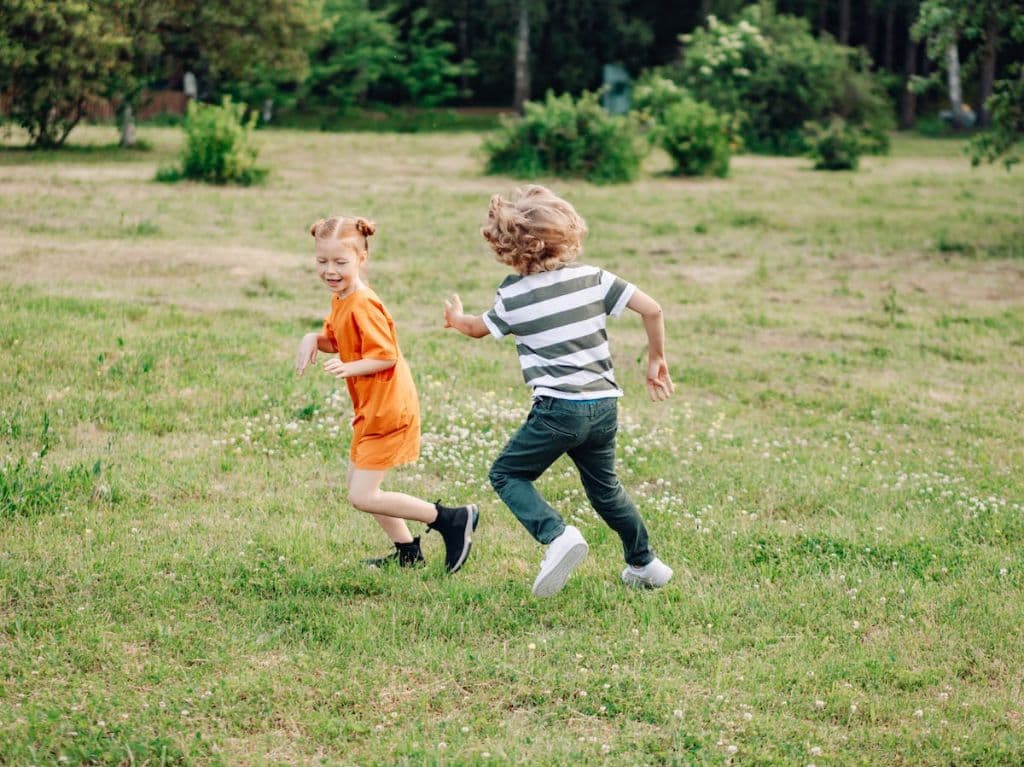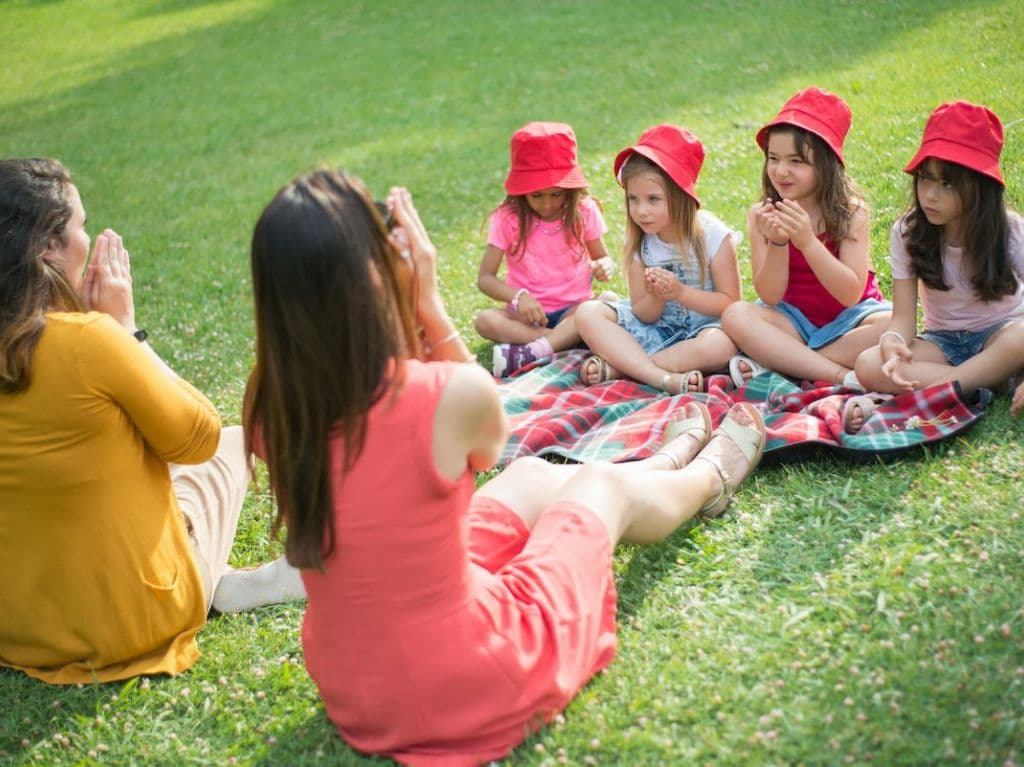Sending your child off to summer camp is an exciting adventure, where they will make lots of new friends, discover learning opportunities, and create unforgettable memories. While camp is a place for fun and personal growth, ensuring your child's safety is a top priority for their well being and your peace of mind. Here's a comprehensive guide to help you ensure a safe summer camp experience for your child:
Research the Camp
When you decide on a summer camp, thoroughly research it, look into its reputation, safety record, accreditation and staff qualifications. It may help to read reviews and testimonials from past campers and parents to give you a better idea of what to expect.
Health and Medical Requirements
Always make sure to check the health and medical requirements to make sure that your child is up-to-date on vaccinations. Provide any necessary medical information to camp staff when registering your child, this can include allergies and medications; it is better if your child knows this information as well.
Communication with Camp Staff
Get informed about the available communication lines with camp staff, in which you can share specific concerns and information regarding your child’s well being like regular medications, dietary restrictions and special needs. You can also call throughout camp to check on your child and if any questions or important details come up. Provide the camp with updated emergency contact information, including phone numbers and addresses for both parents and alternative contacts so they can reach out if needed.
Safety Policies and Procedures
Familiarize your child and yourself with the camp's safety policies and procedures. These may include protocols for emergencies, medical care, transportation, and discipline. Ensure your child knows how to seek help and who to attend to if needed.
Packing Essentials
When packing for the season, don’t forget to include any special items that will ensure your child's safety. This can vary from medications that your child may need, to inhalers, and maybe even an article that will help with your child’s mental health, like a plush toy or anything that may relieve them in case of discomfort. Double-check the camp's packing list to ensure you haven't missed any essential items; overpacking is common, but prioritize necessities to reduce clutter. Label your child's belongings to prevent mix-ups and don't forget the sunscreen and insect repellent!

Prepare for Homesickness
Open a conversation about homesickness with your child; mention it can be a common feeling when they’re away from home for a long time. When doing this, you should appear positive, confident and reassuring, and provide coping strategies that may help them manage this feeling.
Review Camp Rules
Go over camp rules and expectations with your child. Stress the importance of following safety guidelines, respecting others, and practicing good hygiene. It’s essential that they understand their responsibilities while in camp for them to have the best experience.
Buddy System
Motivate your child to be sociable and open. Friends can provide a great aid and comfort in camp, especially if they’re gonna be there for a long period of time, it is important for them to have a support net in which they feel cared for, understood and safe.
Arrival and Departure
When your child is leaving for camp, you should follow camp arrival and departure procedures carefully. Ensure your child is checked in and out as per camp policies and confirm transportation details, if applicable.
Stay In Touch
Staying informed about camp activities and their child's progress usually helps parents be calm about their well being. Many camps provide updates or photos online, allowing you to share your child's experience from afar, and some even encourage letter writing so your kid can tell you all about their adventures.

Post-Camp
After camp, talk to your child about their experiences, challenges, and accomplishments. By encouraging open communication it will be easier to understand their skills, strengths and weaknesses, and you can help them practice what they need to have an even better experience next summer.
A safe summer camp is a collaborative effort between parents, campers and camp staff. By taking proactive steps, staying informed, and maintaining open communication, you can help ensure that your child enjoys a fun summer camp adventure filled with cherished memories while you are sure that they are having a secure experience.
